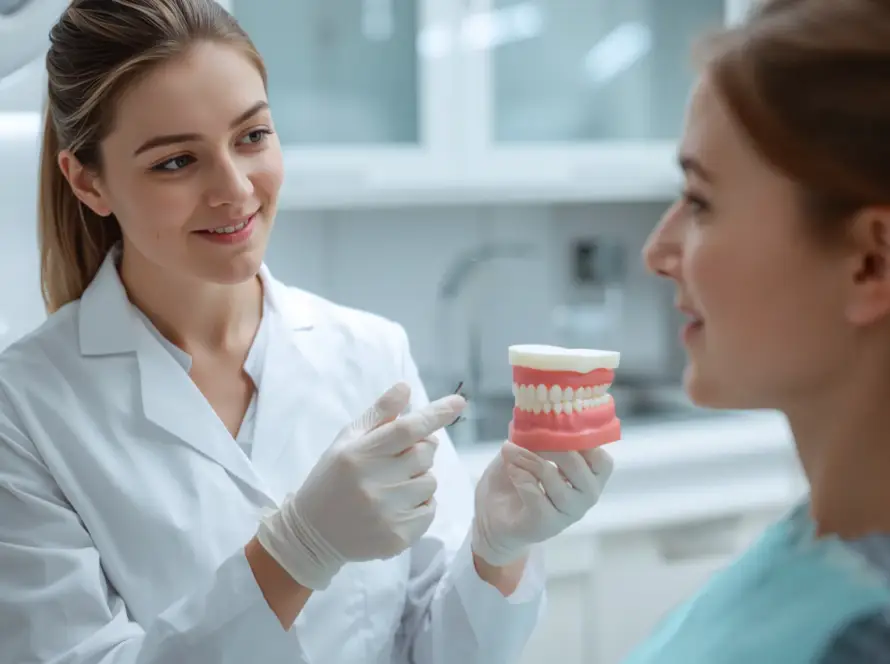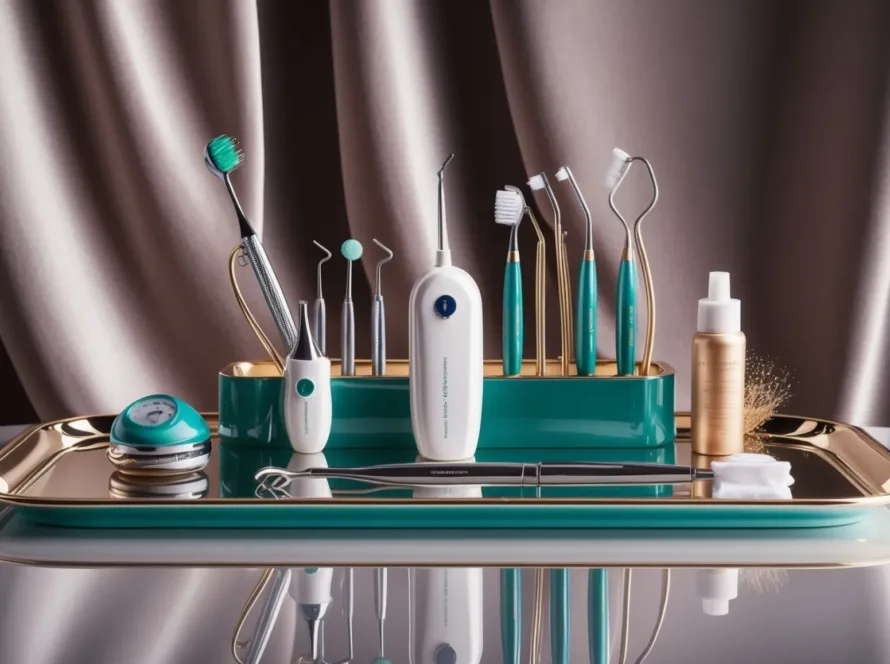A bright, healthy smile is more than just an aesthetic asset; it’s a reflection of your overall well-being. Whether you’re posing for a photo or engaging in a face-to-face conversation, your smile can make a lasting impression. But how do you keep those pearly whites in top-notch condition? Here are ten simple tips to help you maintain a radiant smile that lights up every room you enter.
Why a Bright Smile Matters More Than You Think
A bright smile is often linked to confidence and positivity. When you’re proud of your smile, you’re more likely to show it off, which can make you appear more approachable and friendly. This boosts your self-esteem and can positively impact your social interactions, making you more engaging and likable. Beyond social scenarios, a bright smile can play a significant role in professional settings, too. It can convey trustworthiness and enthusiasm, qualities that are highly valued in many workplaces.
Moreover, having a healthy smile is an indicator of good oral hygiene and overall health. Poor dental health can lead to a range of problems, from bad breath and gum disease to more serious conditions like heart disease and diabetes. Therefore, taking good care of your teeth is not just about looking good but also about maintaining your overall well-being. A little effort in your dental care routine can go a long way in ensuring you stay happy and healthy.
Daily Habits to Keep Your Teeth Sparkling
One of the most effective ways to keep your teeth sparkling is by maintaining a consistent and thorough dental care routine. Brushing your teeth at least twice a day with fluoride toothpaste is crucial. Make sure to brush for at least two minutes, covering all surfaces of your teeth. Don’t forget to replace your toothbrush every three to four months or sooner if the bristles are frayed. Using an electric toothbrush can also be more effective in removing plaque and reducing gingivitis compared to a manual toothbrush.
In addition to brushing, flossing daily is a must for removing food particles and plaque between your teeth where a toothbrush can’t reach. Rinsing with an antiseptic mouthwash can further help reduce bacteria and freshen your breath. Regular dental check-ups and cleanings are also essential. Visiting your dentist at least twice a year allows for early detection of potential issues and professional cleaning that can remove stubborn plaque and tartar.
Foods That Help (and Hurt) Your Dental Health
What you eat can significantly impact your dental health. Crunchy fruits and vegetables like apples, carrots, and celery are excellent choices. They not only provide essential nutrients but also help to scrub your teeth surfaces as you chew, acting like natural toothbrushes. Dairy products such as cheese, yogurt, and milk are rich in calcium and phosphates, which help to strengthen tooth enamel. Green tea is another great addition to your diet as it contains antioxidants that can reduce inflammation and combat bacterial infections in the mouth.
On the flip side, certain foods and drinks can be detrimental to your dental health. Sugary snacks and beverages, including candies, sodas, and pastries, promote the growth of plaque-causing bacteria in your mouth. These bacteria produce acids that erode tooth enamel, leading to cavities. Acidic foods and drinks like citrus fruits and wine can also wear down enamel over time. It’s best to consume these in moderation and rinse your mouth with water afterward to neutralize acids.
Maintaining a bright and healthy smile doesn’t require an extensive or complicated routine. By adopting a few simple habits and being mindful of your diet, you can keep your teeth in great shape. Remember, a beautiful smile is not just a cosmetic feature; it’s a reflection of your overall health and can significantly boost your confidence and well-being. So make these tips part of your daily routine and enjoy the many benefits of a dazzling smile.
Here are the top 10 tips to keep your teeth and gums healthy
Brush Twice a Day
Floss Daily
Use Mouthwash
Maintain a Healthy Diet
Drink Plenty of Water
Avoid Tobacco Products
Limit Alcohol Consumption
Regular Dental Check-ups
Use a Soft-bristled Toothbrush
Protect Your Teeth
By following these tips, you can maintain optimal oral health and enjoy a bright, healthy smile for years to come. Remember, good oral hygiene is a lifelong commitment that pays off in numerous ways.


